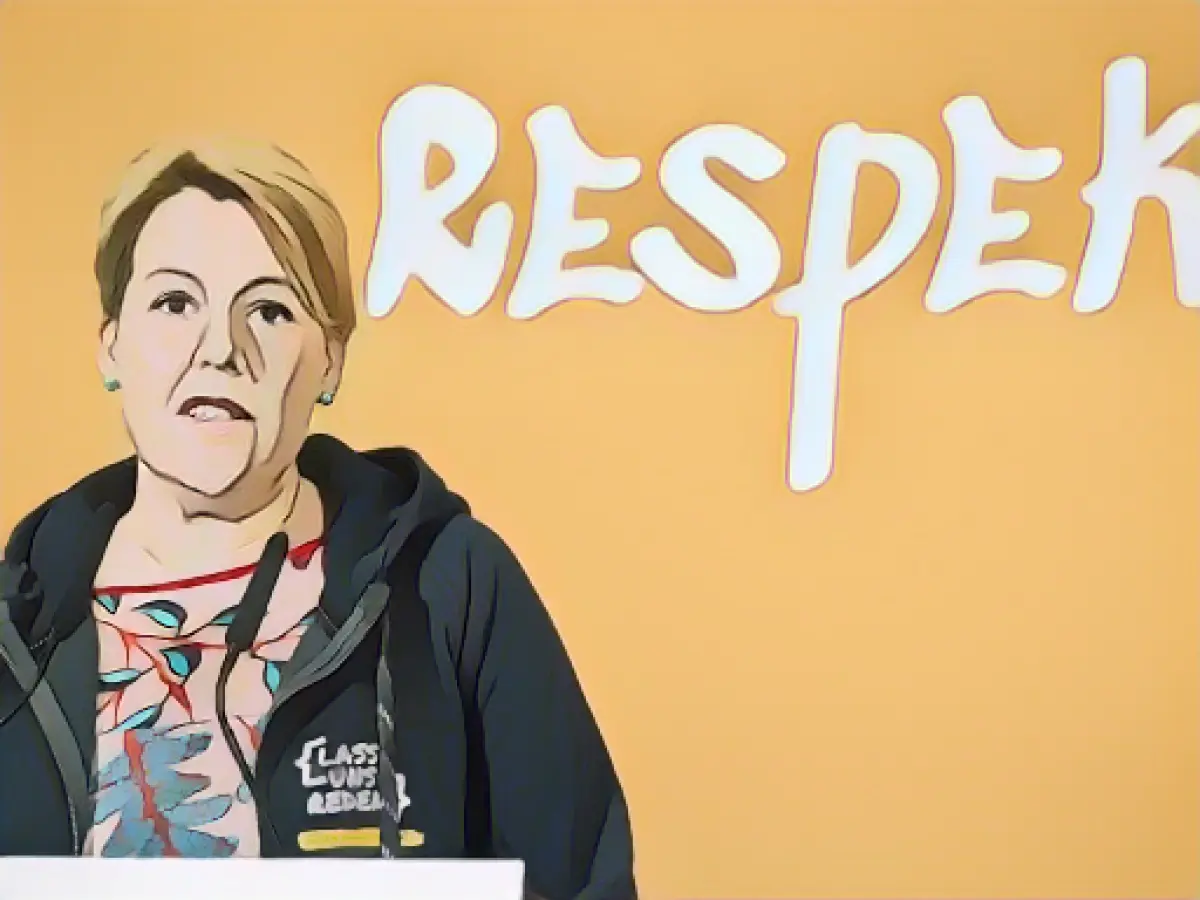Giffey Stands Firm Against Cancelling "Respect Coaches" Program
Berlin's SPD chief, Franziska Giffey, has voiced her dissatisfaction with the federal government's proposed cost-cutting plans, particularly in relation to the well-received "Respect Coaches" program. Stunned by the proposed cancellation, Giffey declared, "It's unfathomable to me that such an essential and successful program is on the chopping block."
Launching in 2018 during her tenure as German Federal Minister for Family Affairs, the initiative aimed to address exclusion, violence, racism, and anti-Semitism, with the slogan "Let's talk – talking brings respect." Giffey observed that these issues tend to manifest most acutely in the so-called "hotspot schools" across the nation.
The "Respect Coaches," acting as essential contacts and mediators, help countless pupils navigate the complexities of extremism, racism, and intolerance. Giffey stresses the importance of upholding these key initiatives, especially in our current climate, as youth relies heavily on these coaches for support.
Implemented as a prevention program funded by the German Ministry for Family Affairs, the goal of "Respect Coaches" is to broaden pupils' understanding of various worldviews and lifestyles, fostering a healthier classroom environment and promoting unity within schools.
Giffey implores the German Ministry for Family Affairs to prioritize anti-discrimination programs like "Respect Coaches," particularly in the wake of rising anti-Semitism concerns. Hoping to garner support from parliamentary groups, she strongly advocates for the restoration of the program's funding in the budgetary adjustments.
Sources: (Base Article)
Enrichment Insights:
While the "Respect Coaches" program receives critical support from various organizations and stakeholders, recent controversies have raised questions about the effectiveness and the necessity of such initiatives. Critics argue that these programs may unintentionally incite backlash, stigmatize certain students, or divert attention from more pressing challenges within education.
To counter these concerns, program advocates propose modifying the approach to focus on targeted, data-driven interventions, addressing specific challenges faced by students. Additionally, engaging parents, families, and the broader community share in the responsibility of promoting tolerance, empathy, and respect to create a holistic approach to combating hatred and discrimination in schools.
To uphold the sustainability of this program, it is essential to revisit its core purpose and evolve its implementation based on emerging trends, concerns, and best practices.








